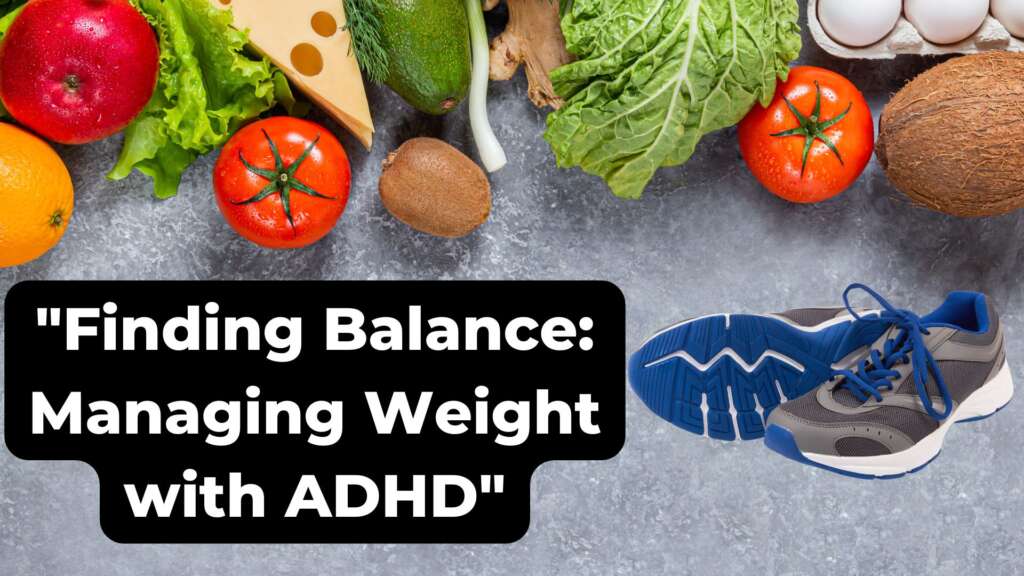ADHD and Obesity: Understanding the Connection and Strategies for Healthy Living

ADHD and Obesity: Understanding the Connection and Strategies for Healthy Living
Introduction: As a parent or individual with ADHD, you may wonder if there’s a connection between ADHD and obesity. In this article, we’ll explore the neurological and psychological reasons behind weight gain and difficulty with weight control in individuals with ADHD. We’ll also provide some helpful strategies for healthy eating and maintaining a balanced lifestyle.
[SECTION 1: ADHD AND OBESITY CONNECTION]
1.1 ADHD Types and Obesity: Although it may seem counterintuitive, people with ADHD, particularly the inattentive type, are more likely to struggle with weight management. Research has shown a strong correlation between ADHD and obesity – someone with ADHD is four times more likely to become overweight than someone without ADHD.
1.2 Causes of Weight Gain in Individuals with ADHD: The connection between ADHD and obesity can be attributed to brain chemistry, poor impulse control, unhealthy sleeping habits, and other factors that encourage unhealthy eating, making weight loss challenging.
[SECTION 2: UNDERSTANDING THE FACTORS CONTRIBUTING TO WEIGHT GAIN]
2.1 Executive Function Deficits: Maintaining healthy eating habits requires self-control and executive functions such as planning balanced meals and sticking to a daily routine. Individuals with ADHD have naturally weaker executive functions, making it harder for them to stay on track.
2.2 Impulsivity: Impulsive eating can lead to consuming high-fat, high-sugar, and high-carb foods that provide a short-term dopamine boost but have long-term negative consequences on weight.
2.3 Interoceptive Awareness: People with ADHD may struggle to focus on internal body signals, leading them to overeat or disregard their body’s need for exercise.
2.4 Poor Sleeping Habits: Sleep deprivation can promote obesity by increasing hunger hormones and lowering metabolism.
2.5 Procrastination: Eating, especially unhealthy snacks, can be a tempting form of procrastination for those with ADHD.
2.6 Low Levels of Neurotransmitters: Insufficient levels of dopamine and GABA in the brains of individuals with ADHD can affect appetite regulation and impulse control.
[SECTION 3: BEHAVIOURAL CHANGES TO MANAGE WEIGHT]
3.1 Define Your Goals: Be specific about your weight loss goals and the reasons behind them to increase your chances of success.
3.2 Plan Your Meals: Allocate time each week to plan your meals and create a grocery list, ensuring you’re prepared when hunger strikes.
3.3 Practice Good Sleep Hygiene: Prioritise sleep as it’s essential for maintaining hormone balance, reducing stress, and improving overall health.
[CONCLUSION]
While the ADHD brain may make it more challenging to manage weight, it’s not an insurmountable obstacle. By understanding the factors contributing to weight gain and implementing healthy strategies, you can take control of your weight and lead a healthier, more balanced life. Remember that medication can also be beneficial in regulating dopamine levels, impulsivity, self-awareness, and self-control – all of which can positively impact weight management.


Responses